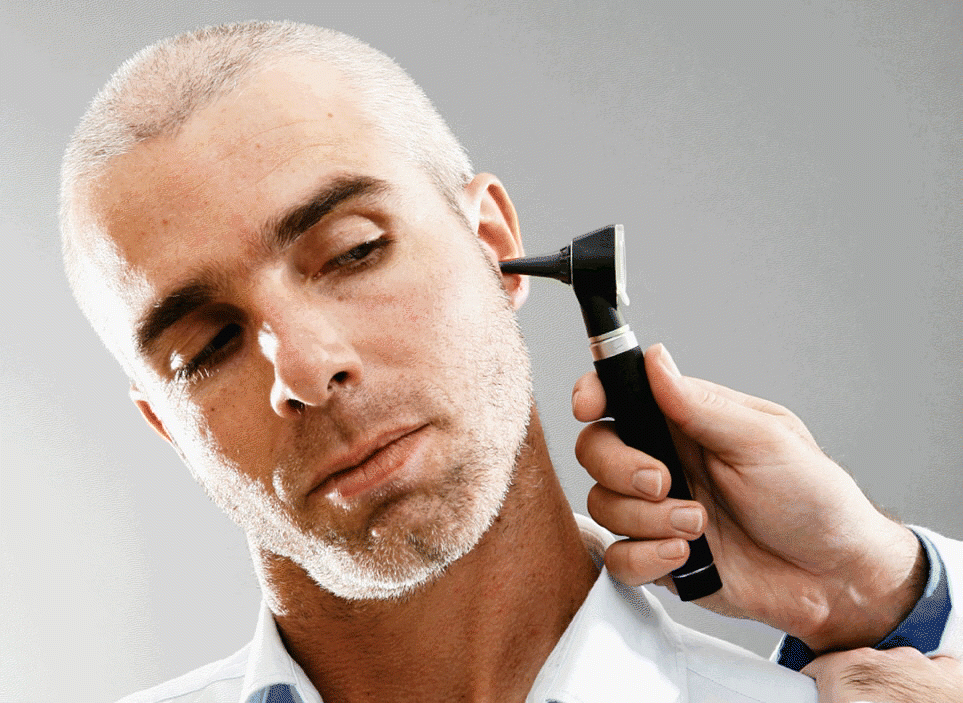A recent study published in the Archives of Internal Medicine concluded that hearing loss is more prevalent among adults in the United States than previously believed.1 The study further concluded that the prevalence of hearing loss differs according to race and gender and offers data that strengthen the association of hearing loss with certain modifiable risk factors. These findings suggest that both primary care physicians and otolaryngologists may be able to offer more to their patients in the way of prevention and screening to help stem the risk of progressive hearing loss, especially in younger adults.
Explore This Issue
October 2008A Quality of Life Issue
We already know that even a relatively mild hearing loss can have a significant negative impact on quality of life. Difficulty in hearing, if left untreated, can lead to cognitive decline, social isolation, frustration, and emotional problems such as depression. Some individuals may become suspicious or even paranoid because they are unable to decipher what other people are saying. These feelings may cause individuals to withdraw from social situations and relationships with family and friends. The decreased ability to hear has also been associated with decreased work productivity and impedes health care access and use, because patients are unable to effectively communicate their signs and symptoms to their caregivers or to hear and understand instructions they receive from their physicians. Physicians can address these issues more comprehensively through prevention, early detection, risk reduction, and treatment.

Risk Factors
In this particular study, prevalence of hearing loss was higher among men and among less-educated participants. The authors also found that the prevalence of hearing loss was more pronounced among subjects aged 40 to 49 years, with a much higher percentage of white male subjects demonstrating hearing loss compared with women or black males. Armed with the data that these individuals may have a predisposition for a higher risk of hearing loss, physicians can target patients in these groups for routine screening.
The authors also identified several modifiable risk factors that appear to contribute to the prevalence of hearing loss. These included:
- Exposure to recreational noise.
- Exposure to occupational noise.
- Heavy tobacco use (at least 20 pack-years).
- Hypertension.
- Diabetes mellitus.
One of the more alarming findings of the study is an increased prevalence of hearing loss in the youngest group of subjects (aged 20-29 years). The data indicated hearing loss in 8.5% of participants in this age group. In addition, this age group showed a statistically significant increase in progressive hearing loss over a six-year period (1999-2004) compared with other age groups included in the study. Individuals who demonstrate early hearing loss at higher frequencies may be at an increased risk for developing progressive hearing loss at lower speech frequencies. This suggests that there may be an opportunity for significant reduction of progressive loss of hearing, particularly in younger adults.
Early Screening
Yuri Agrawal, MD, of Johns Hopkins Hospital in Baltimore, primary author of the study, stated that simply asking patients whether they are having difficulty hearing is not enough. The signs that precede obvious hearing loss can be as simple as subtle changes in behavior or mood, and there can be a great deal of denial regarding decreased ability to hear. We often hear from patients that people don’t talk loud enough. They attribute their difficulty hearing to a trend among others. It doesn’t occur to them that the problem lies with them. They don’t realize that it’s a problem with an easy solution, or that it’s a problem that can and does affect younger people, Dr. Agrawal said.
Leave a Reply